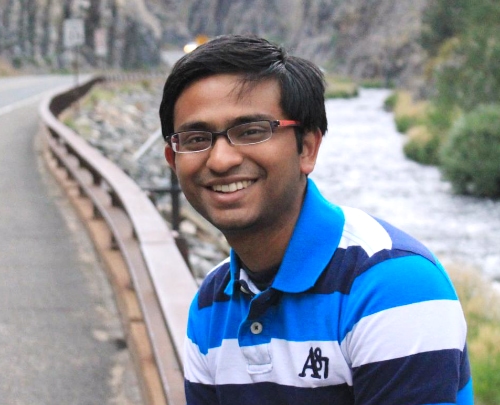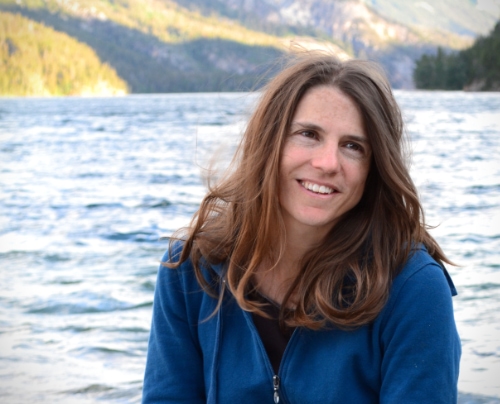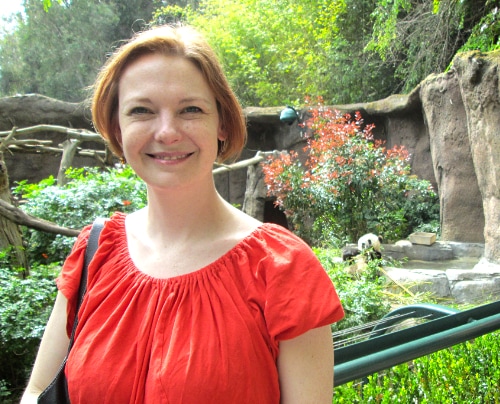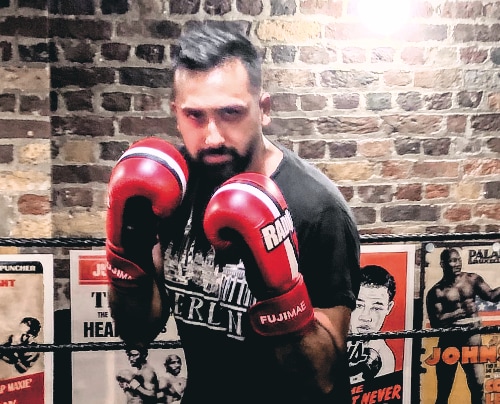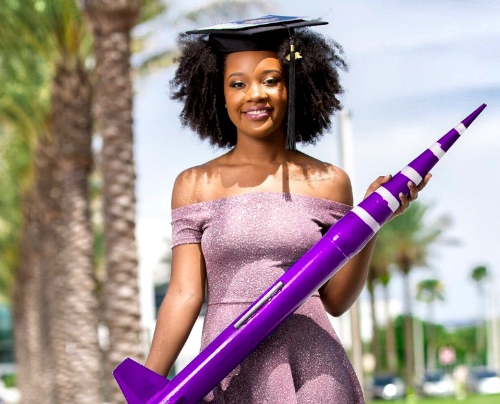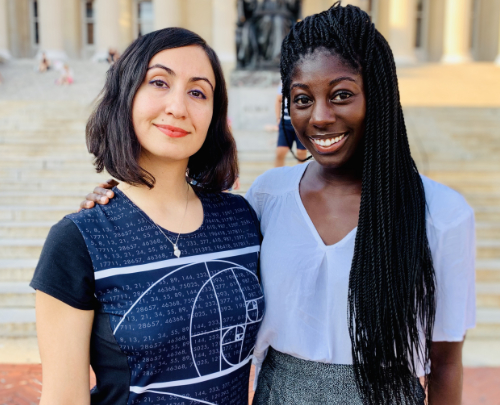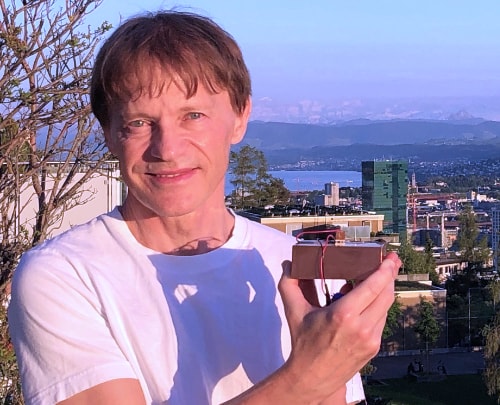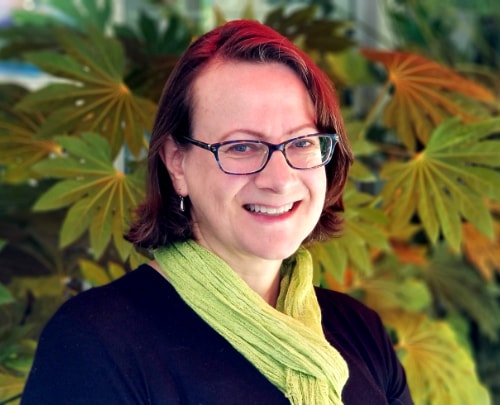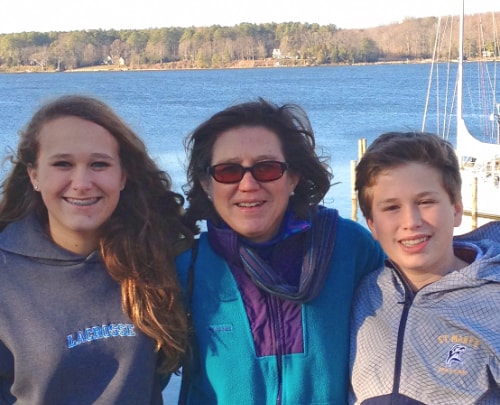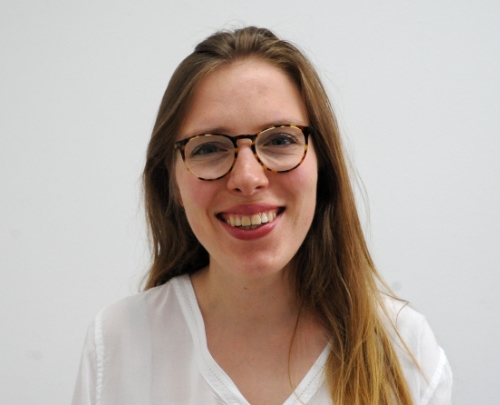29
Oct 2019
How can what engineers learn from how barn owls pinpoint the location of the faintest sounds apply to their development of nanotechnologies capable of doing even better? In episode 61, we're joined by Saptarshi Das, a nano-engineer from Penn State University, who talks with us about his open-acces......
15
Oct 2019
When real-time fMRI neurofeedback improves people's symptoms long after treatment, might that influence the guidance that's provided to patients, and also inform the design of future clinical trials? In episode 60, we're joined by Michelle Hampson from Yale University's School of Medicine. She dis......
1
Oct 2019
In striving to develop expertise, are 10,000 hours of deliberate practice really required, and must it be guided by a teacher or coach? In episode 59, we're joined by Brooke Macnamara from Case Western Reserve University. She'll discuss her attempted replication of the study which led to the mantr...
17
Sep 2019
What can brain scans of radicalized jihadists tell us about how they react to what they perceive as attacks on their sacred values? In episode 58, we're joined by Nafees Hamid from Artis International who talks with us about his article “Neuroimaging ‘will to fight’ for sacred values: an empiric...
20
Aug 2019
How can a satellite the size of a loaf of bread take the heat of operating in the extreme conditions existing in space without overheating? In episode 56, we're joined by Naia Butler-Craig from the Georgia Institute of Technology to discuss her open access article “An investigation of the system a...
23
Jul 2019
Can communication across networks of people be optimized to share information, while at the same time lessening the likelihood of information bubbles and echo chambers? In Episode 54, we're joined by Ida Momennejad and Ajua Duker from Columbia University and Yale University, respectively, to discu......
25
Jun 2019
"Nothing in life is certain," writes MIT mechanical engineer Seth Lloyd, "except death, taxes and the second law of thermodynamics." But is this necessarily so? In episode 52, we're joined by Andreas Schilling with the University of Zurich, who discusses his development of an amazingly simple de......
11
Jun 2019
Just how rampant is scientific misconduct? In episode 51, Elisabeth Bik talks with us about her research suggesting that as many as 35,000 papers in biomedicine journals may be candidates for retraction due to inappropriate image duplication. Her open-access article, “Analysis and Correction of In...
14
May 2019
Why are less-than-college-educated White men in the US so much less happy and more desperate than their international counterparts? In episode 49, Carol Graham from the Brookings Institution and the University of Maryland talks with us about her research into why younger out-of-work men in the Uni......
16
Apr 2019
Are adolescents' technology use really related to depression, suicide and ADHD, or might it be no worse for kids than eating potatoes? In episode 47, Amy Orben from the University of Oxford discusses her explorations into how researchers' biases can influence their analysis of large datasets. Her ......

